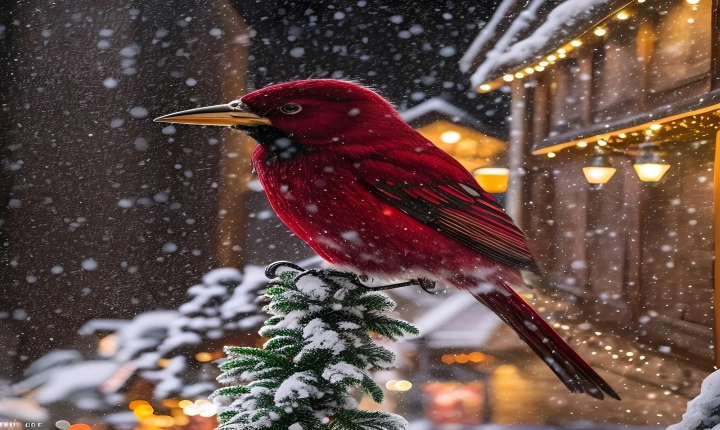Are AI Images Copyright Free?
In the world of digital content creation, the use of artificial intelligence (AI) for generating images has become increasingly popular. AI-powered tools can create stunning visual content, ranging from realistic photographs to abstract designs, with astonishing precision and detail. This has led to a growing interest in the legal implications of using AI-generated images, particularly when it comes to copyright issues.
One of the primary questions surrounding AI-generated images is whether they are considered copyright free. In traditional copyright law, the creator of an original work holds the exclusive rights to reproduce, distribute, and display that work. However, when it comes to AI-generated images, the question of authorship becomes more complex.
In many cases, AI-generated images are the result of algorithms and data inputs rather than the direct creative effort of a human individual. This raises the question of who should hold the copyright to these images. Should it be the creators of the AI system, the users who input the data, or the AI-generated images themselves?
At present, copyright laws in most jurisdictions do not specifically address the issue of AI-generated images. This legal gap has led to uncertainty and debate within the legal community. Some argue that AI-generated images should be considered copyright free, as they do not fall within the traditional definition of authored works. Others contend that the creators of the AI system should hold the copyright, since they were responsible for designing and training the underlying technology.
In response to these legal uncertainties, some jurisdictions have begun to explore new legislative and regulatory frameworks to address the copyright status of AI-generated content. For example, the European Union’s Directive on Copyright in the Digital Single Market, adopted in 2019, includes provisions related to the liability of AI-generated content. Similarly, the US Copyright Office has initiated a study on the implications of AI for copyright law.
In the absence of clear legal guidance, many individuals and organizations are seeking alternative ways to address the copyright status of AI-generated images. Some have turned to open licensing models, such as Creative Commons, to explicitly grant permission for the use of AI-generated content. Others have developed voluntary codes of practice to encourage responsible and ethical use of AI-generated images.
It is important to note that while the legal status of AI-generated images is still evolving, the ethical considerations of using such content are equally significant. Users of AI-generated images should consider the potential impact on original creators, the accuracy and appropriateness of the generated content, and the potential for misuse or misrepresentation.
In conclusion, the question of whether AI images are copyright free is a complex and evolving issue. While current copyright laws do not explicitly address AI-generated content, there are ongoing efforts to develop new legal frameworks and ethical guidelines. As the use of AI in content creation continues to grow, it will be essential for policymakers, legal experts, and industry stakeholders to work together to ensure that copyright laws effectively address the unique challenges and opportunities presented by AI-generated images.
